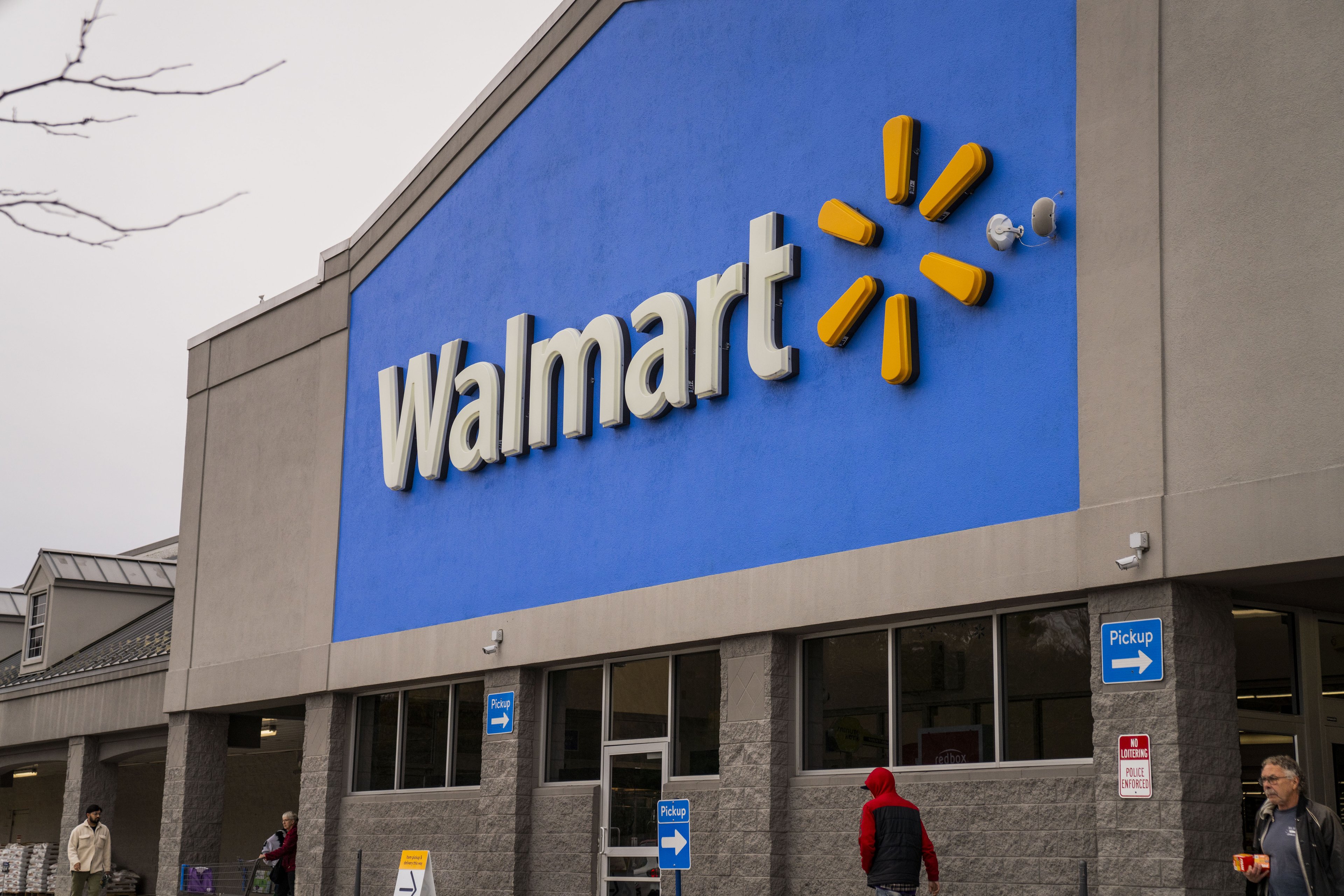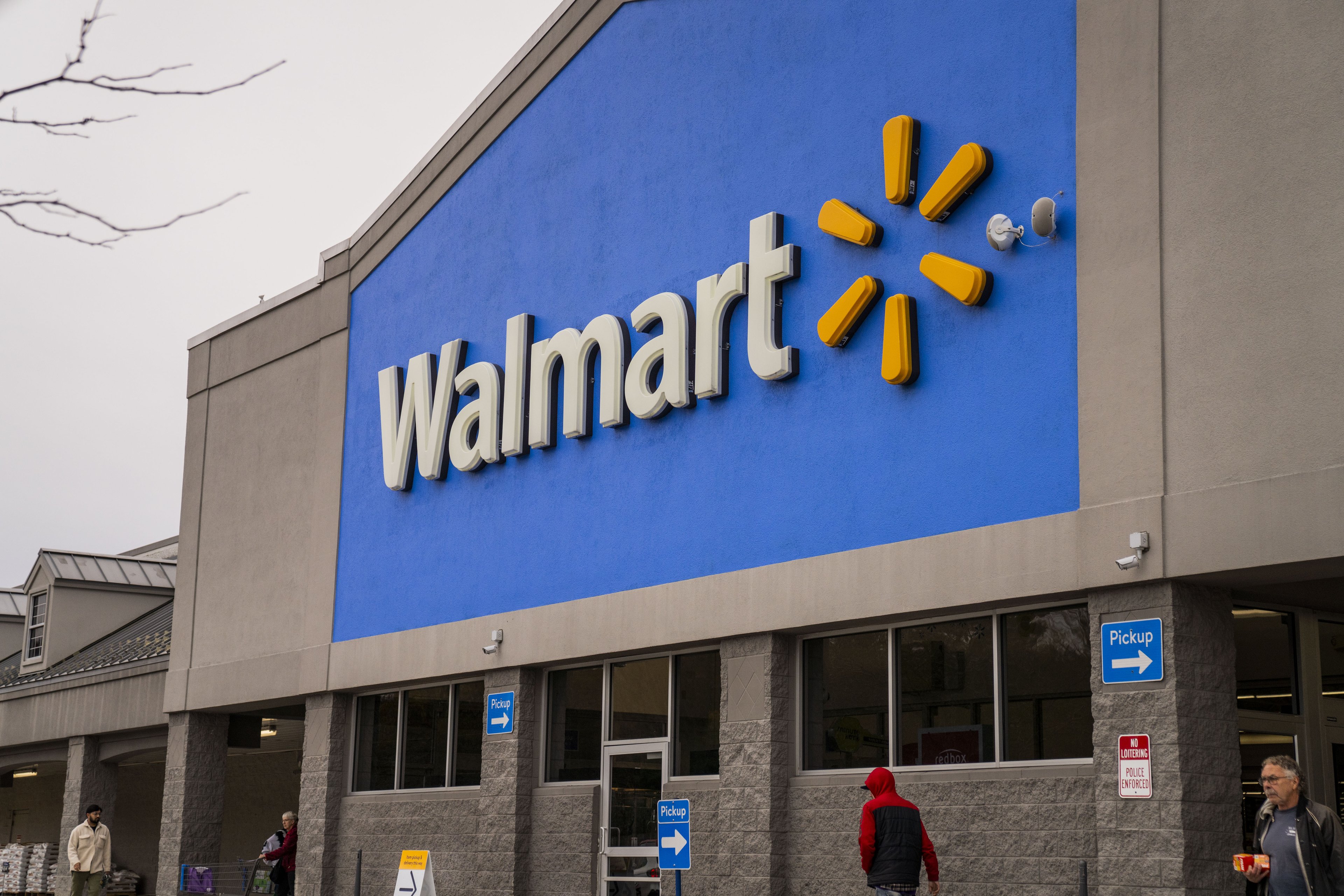How long before Wal-Mart (WMT 0.39%) starts taking labor's threats to its business seriously?
While the Bentonville Behemoth has dismissed protests organized by nonprofit association OUR Walmart and associated employee complaints as mere publicity stunts, the movement has gained the sympathy of the International Transport Workers' Federation, or ITF, a federation of unions that represents more than 4.5 million transport workers internationally.
So far, the ITF has simply encouraged shipping companies working with Wal-Mart to express their concern about how the company treats its workers. However, Wal-Mart's practice of maintaining a lean inventory and outsourcing much of its production to overseas manufacturers means more concrete action from even a few suppliers could have a real impact on its holiday sales and customer relationships.
Legitimate labor concerns?
The cries of labor have been growing stronger in recent years, at least at the company's American stores. Critics have complained that Wal-Mart's low-wage business model and business practices are unacceptable.
Wal-Mart and its advocates dismiss these complaints, countering with the following points:
- Wal-Mart's low-wage business model helps it provide bargain prices that low-income Americans rely on.
- Wal-Mart's ability to compete in the highly competitive retail space relies on its ability to keep prices down -- a strategy that requires a low-skilled, low-wage model of employment.
- The number of employees involved in the strikes organized by OUR Walmart make up a small fraction of the store's employees, demonstrating that the group's complaints don't represent the attitudes held by most Wal-Mart employees.
Wal-Mart critics respond to the first claim by arguing that the company's low-wage business model exacerbates the problem of poverty in the U.S. rather than relieving it. They point out that Wal-Mart's hourly pay and benefits are so low that many full-time employees rely on government aid. According to the Daily Kos, an activist website, Wal-Mart employees as a whole use $2.66 billion annually in food stamps, Medicaid, and other government assistance.
One might respond to the second claim by arguing that while much of Wal-Mart's current edge comes from its ability to keep wage costs down, there are other ways to compete effectively in discount retail. For example, Costco (COST 0.27%) manages to compete in the discount retail space while paying employees morethan Wal-Mart. In fact, ratings from CareerBliss.com show that Costco employees give the company high marks for salary, benefits, growth opportunity, and job security -- higher marks than Wal-Mart employees give their company in the same categories.
Also, companies like Starbucks (SBUX 1.11%) and Whole Foods (WFM +0.00%) are able to compete effectively in the broader retail space, and charge more for their goods, partially because they embrace socially conscious values like fair compensation and respect for their laborers.
Finally, critics respond to the third claim by arguing that the low number of workers who fight back through organized groups can be largely explained by fear of retaliation, which is one of the main concerns OUR Walmart raises in its Declaration for Respect. Wal-Mart spokesman David Tovar's statement that "there could be consequences" for workers participating in the Black Friday walk-out provides some support for these claims.
Apparently, the ITF finds the critics' arguments to be more compelling.
Wal-Mart's vulnerable position
Wal-Mart has dismissed the significance of OUR Walmart's Black Friday protests as "made for TV events" and claimed that "the OUR Walmart group doesn't speak for the 1.3 million Walmart associates." However, the movement has gained the attention of ITF, which has encouraged companies shipping Wal-Mart goods to "register their concerns with the company about its treatment of staff—and the impact that could have on trade."
While letters of complaint may not contribute much to the success of the movement, the latter part of the above quote appears to imply that the union might disrupt the company's shipments of foreign-produced goods into the U.S.
Wal-Mart's heavy reliance on goods manufactured abroad makes it extremely vulnerable to disruptions in its foreign shipments. Some experts estimate that as of 2004, about 60% of Wal-Mart's merchandise was imported, which is 10 times higher than the percentage of products it imported in 1995. Also, Wal-Mart's practice of maintaining a lean inventory means that even short delays in merchandise shipment could leave some shelves empty in the critical holiday sales season.
Foolish bottom line
So I repeat: how long before Wal-Mart starts taking labor's threats to its business seriously? After years of growing protests and lawsuits about its business practices, now a consolidated push by transport unions could damage the company's much-vaunted supply chain. Wal-Mart's heavy hand in negotiations may have been a strength till now, but investors should be concerned that the company is dismissing these repeated and growing threats too lightly.








